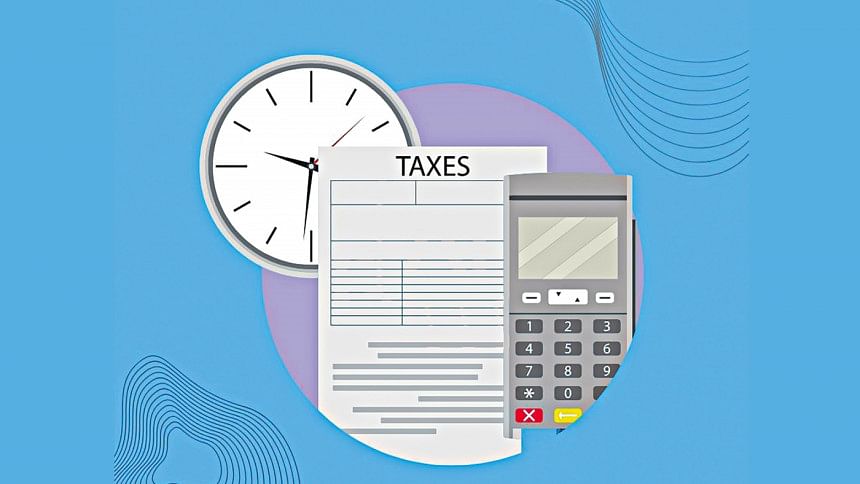Rethinking the Gift Tax Act 1990

The Gift Tax Act 1990 is possibly one of the most obscure laws of Bangladesh. The Act has its origins in the Gift Tax Act 1963, which Bangladesh incorporated within its corpus juris upon gaining independence in 1971, albeit with some modifications.
To put it simply, the Gift Tax Act imposes tax on gifts. Under section 2(f) of the Act, the term "Gift" has been defined as the voluntary transfer of any movable or immovable property without the consideration of any money or gain of monetary value from one person to another. The tax is paid by the donor based on the value of the taxable gift. Thus, making gift tax a direct tax, similar to income tax.
Section 4 of the Act provides multiple exemptions from this taxation such as, gifts to the local authority, gifts to spouses, parents, children and siblings, gifts of properties situated outside Bangladesh etc. In addition, gifts made by the assessee in any finance year up to BDT 20,000 are also exempt from taxation under section 4(2). The tax rates are elaborated in the Schedule of the Act: 5% on the first 5 Lacs BDT of the amount in excess of the exempted amount, 10% on the next 10 Lacs BDT, 15% on the next 20 Lacs BDT, and a slab 20% on any amount over that. Section 5 of the Act provides that for valuation of the gift property other than money, the market value on the date of the transfer is to be considered. If market value cannot be assessed in the abovementioned way, the section delegates the method of valuation to be determined by rules.
One can clearly identify the problem with the fixed 20,000 BDT exemption threshold. Back in 1990, this amount of money might have been significant. However, due to constant inflation and a steady economic growth, that same amount today holds relatively much less value. This means many more ordinary gifts are now caught within the taxation criteria, creating unnecessary burden on general taxpayers. For comparison, in India, the Gift Tax exemption threshold is 50,000 INR, albeit the tax is imposed on the donee, as opposed to the donor, like in our law.
The rise of blockchain technology and virtual assets have opened new gifting avenues that fall completely outside the ambit of the existing Act. There are no clear guidelines on imposing taxation on gifts in form of cryptocurrency in our law. Meanwhile, the question as to whether cryptocurrency is property at all is being debated internationally, and many countries are settling it through specific legislation. court judgements. The Gift Tax Act fails to deal with this issue as well.
The tax rates are also outdated and were made considering the economic circumstances of the 1990s. Reforming the gift tax could help raise revenues at a time when Bangladesh sorely needs to boost its low Tax to GDP ratio of just 7.9%. For comparison, the average Tax to GDP ratio in Southeast Asia is 19.8%. Despite being enacted over two decades back, the contribution of gift taxes to the total tax revenue are negligible. A well-thought reform in this regard could engender a meaningful revenue stream for the Government.
The 20,000 BDT exemption threshold and tax rate slabs cry out for reassessment based on present day realities. Ideally, these amounts should be indexed to inflation to prevent future value fluctuations. Simultaneously, the Act needs comprehensive upgrades to deal with modern gifting methods using virtual assets, electronic transfers, etc. Certain exemptions like that for gifts of out-of-country properties as under section 4(1)(a) may also merit a rethink in today's globalised world. Bangladesh's tax authorities should look at the global best practices in gift taxation for inspiration.
The writer is student of law, University of Dhaka.

 For all latest news, follow The Daily Star's Google News channel.
For all latest news, follow The Daily Star's Google News channel. 



Comments